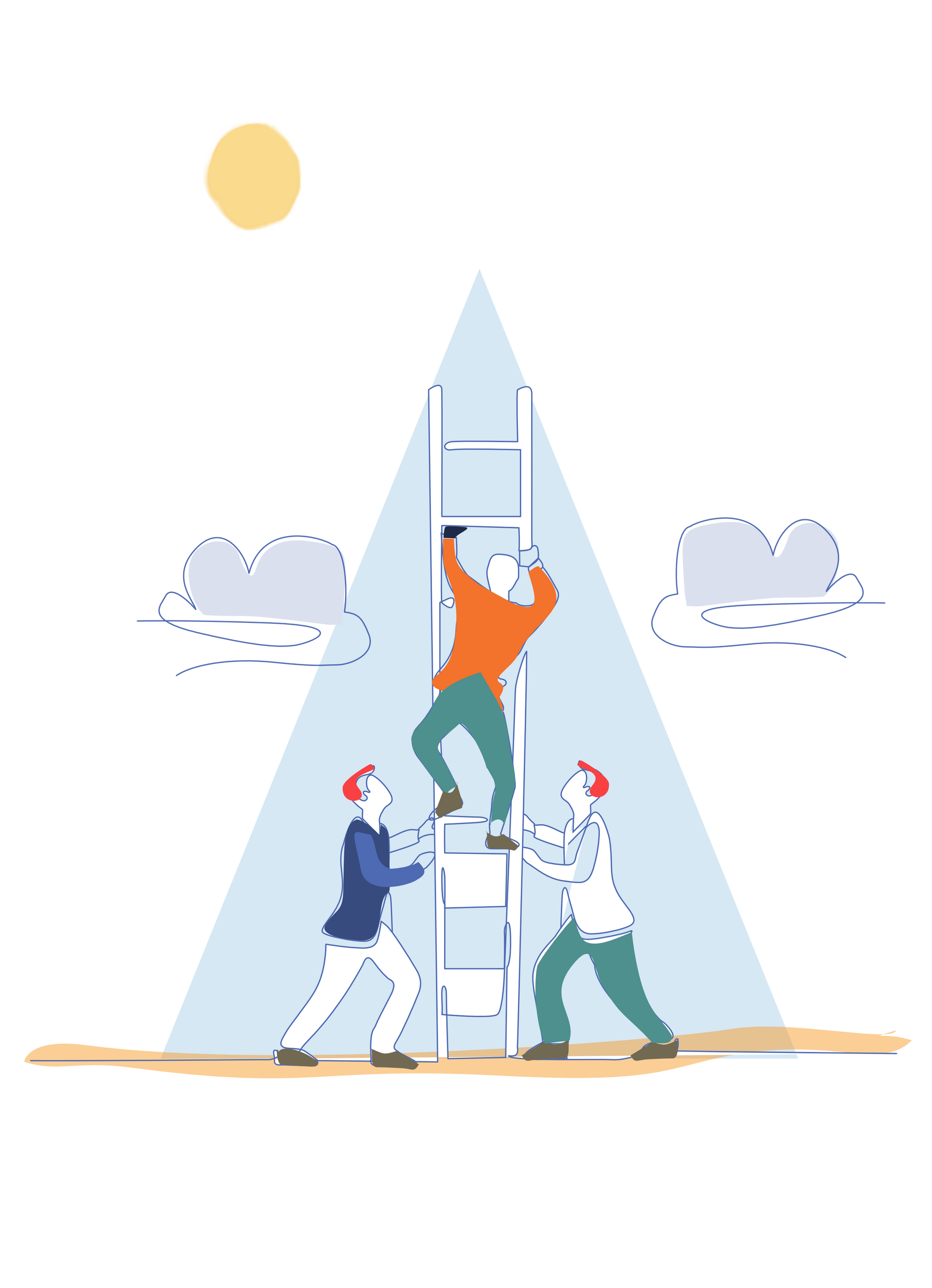The Multi-Cultural Management Programme

The AVAVA Community Development Programme was designed by professionals to address problems related to racial tension, ethnic diversity, xenophobia and cultural differences that create a breeding ground for many of the perceived and real problems. In the development of this programme anthropological principles were considered to create an environment for spontaneous- and directed acculturation processes and building of new cultural entities.
The AVAVA model is based on practical programmes to make participants aware and sensitive to different cultures, traditions and customs. Usually knowledge, insight and understanding of racial and cultural differences are necessary to fully comprehend the backbone of racial and cultural tension.
The result of racial tension, cultural clashes and unacceptable human behaviour is observed to be the same. The problem however should be addressed differently in each of these matters. After a successful intervention in each of the mentioned cases the result should be a change in the behaviour of the individuals involved.
In the development of the AVAVA model, anthropological principles were considered to create an environment for spontaneous- and directed acculturation processes and building of new cultural entities.
An interactive workplace culture can also be developed around a mutual vision. This programme also adds the essential knowledge, insight and sensitivity, which are necessary for a complete re-orientation and acceptance of our problematic realities.
Through guided interventions and counseling this programme aims to develop the skills of multi-cultural teams, groups, units and communities to effectively address the energy, friction and tension which are part of the normal acculturation processes.
Need and Rationale
Racial tension in many communities and groups in Southern Africa contribute daily to violence, labour unrest and social conflict. This result in actions that paralyze management programmes, education activities, economy, security and social co-existence.
In South Africa the success of racial contact programmes was limited because sensitivity to cultural diversity was not fully developed and understood.
The causality between misunderstanding, ignorance uncertainty, frustration and anger on the one side and errors, offences, unacceptable behaviour and violence is clearly to be seen in many of the so-called racial tension situations. There are also those individuals who willfully make use of the existing ignorance and uncertainty to pursue their own dubious objectives.
All fully representative groups, working units and teams in South Africa consist of representatives of different cultural backgrounds. The contact between different cultures brings with it the inevitable tension and friction of the acculturation processes in multi-cultural societies. This is also true in our schools and tertiary educational institutions. The normal energy and candidness of young people can however also enhance the acculturation processes in the youth environment.
The current outbreaks of racial tension in South Africa and subsequent financial loss by business and the negative impact of racial tension in the SADC region (xenophobia) are practical reasons why this kind of project should be considered.
In many countries where more than one racial group or more than one ethnic group is present this project can make a difference to the way people see each other and interact with each other.
This project can be the one of the non-violent methods to address misunderstanding, tension and suspicion in communities. Thus contributing to peaceful and open societies.
Project Description
The mission of the project is to give people, communities and teams a tool to manage and solve racial tension.
Objectives of the project:
- ·To support communities in developing a tool to address the commitment to the Constitution of the Republic of South Africa by actively enhancing the quality of life for all people.
- To put forward a plan to actively reduce the potential for racial, ethnic or cultural tensions.
- To put forward a plan for rapid reaction in cases of racial, ethnic or cultural tension and violence.
- To ensure an awareness of an instrument to manage perceived and real racial problems in the working environment, community activities and society at large.
- To enrich the participants with skills to feel comfortable in dealing with normal acculturation processes and issues.
- To empower leaders in all communities to adapt to a lifestyle conducive to nation building in the new South Africa.
